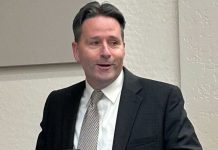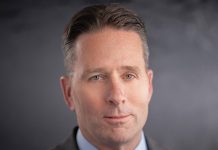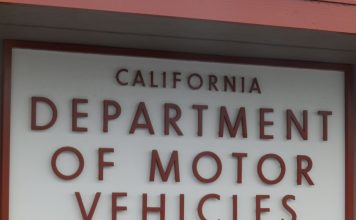Despite the pressing needs of long-standing projects such as
Christopher High School and the Glen Loma project, the school board
and city council struggle to maintain quarterly meetings to discuss
these topics, which heavily impact both groups.
Gilroy – Despite the pressing needs of long-standing projects such as Christopher High School and the Glen Loma project, the school board and city council struggle to maintain quarterly meetings to discuss these topics, which heavily impact both groups.
Gilroy Unified School District’s board and the Gilroy City Council are supposed to meet four times a year to discuss things such as facilities, joint land use agreements and the effect of the city’s growth on schools. In 2006, the two groups managed to meet twice. They met three times in both 2004 and 2005.
“The meetings are pretty inconsistent, and I don’t know why they aren’t more frequent because we have a lot of very important things to discuss,” said Edwin Diaz, superintendent of GUSD. “I think it’s important to have an open discussion about pending issues around things such as the process related to opening Christopher High School and the approach to mitigate the impact of growth on school facilities. These issues need to be addressed at the next meeting; it’s critical that we discuss them.”
At stake are thousands of new homes that will pour new students into an already over-burdened district, such as the Glen Loma project that by itself will add 1,700 new homes and a corresponding number of children into the district.
The board and council started 2007 by canceling a meeting originally slated for Tuesday – though it’s still posted on the city’s Web site – and rescheduling it for Feb. 12. The main topic on that meeting’s agenda is a list of proposals set out by Diaz attempting to reduce the impact of city growth on schools. The proposals, which are being reviewed by the city’s legal council, include a possible moratorium on building. Diaz said he was eager to talk about such weighty issues given his upcoming departure from the district for a new position in Southern California.
“The meeting is a priority for both the board and the council because it’s a good chance to talk about issues of mutual interest,” said City Administrator Jay Baksa. “We take turns hosting the meeting, and this time is the district’s turn. But, we had to reschedule because people are out of town, and we’re trying to get as many trustees and councilmembers as possible to attend.”
But Diaz said the busy schedules of board trustees and councilmembers should not affect the quarterly meeting.
“Both entities get busy, and it’s an extra meeting for everyone involved, but busy schedules aren’t a good reason to delay these meetings,” he said. “My take is that it would be more important to meet on a regular basis than to absolutely have everybody there.”
Councilmember Peter Arellano said he was under the impression the meeting had been rescheduled to give new school board members a little more time to settle in and learn about key issues.
Ironically, both Arellano and Baksa are right, because Tuesday’s meeting was originally scheduled for November, but both the district and the city wanted to wait until after the election when the newly elected trustees were on board.
“The meetings are supposed to be a permanent fixture, but they always seem to be postponed,” he said. “I’m not sure who’s been rearranging them or exactly why, but it is important that we make sure we’re connecting. We need to make sure we have plenty of discussions in the future.”
Given how much the two bodies have to discuss and the vital nature of many topics on the table for discussion, Trustee Pat Midtgaard said she would be willing to dedicate time to six meetings a year rather than quarterly dates.
“We’d never have to scramble for something to talk about,” she said. “I can’t speak for everyone, but I think if we met once every two months, we’d get a lot done. It’s just something that has to be put on a calendar and everyone should stick to it. It is hard, but I think it’s something that might be worth exploring.”
At no time in the past few years has a trustee or councilmember suggested that a meeting be held even if some people would be unable to attend, Arellano and Midtgaard said.













